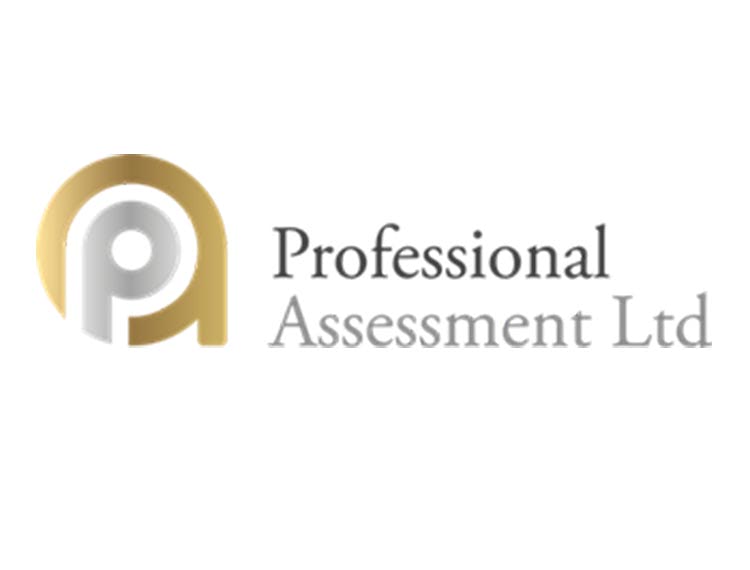Professional Assessment Ltd named as the first EPA organisation for new Maritime Caterer Apprenticeship

Professional Assessment Limited (PAL) has been approved as the first independent End-point Assessment (EPA) organisation to support the recently approved Maritime Caterer Apprenticeship.
The Maritime Caterer Apprenticeship was approved for delivery by the Institute of Apprenticeships and Technical Education after an extended period of development. With nationwide coverage, a dedicated team and a wealth of experience in EPA and hospitality, PAL was keen to be involved in this specialist qualification from an early stage.
Designed by employers, the Level 2 Maritime Caterer standard has been developed to meet the needs of the industry and demand for this type of qualification.
The creation of the standard has been overseen by the Merchant Navy Training Board (MNTB) and curated using input from key industry organisations such as DFDS Seaways, Carnival UK, Holyhead Towing, James Fisher (Shipping Services) Ltd, P&O Ferries, Princess Cruises, Royal Fleet Auxiliary and The Royal Navy.
The programme combines cookery skills covering a wide culinary range, including kitchen management, as well as the abilities, expertise and professional behaviours expected of those working at sea.
Discussing the benefits of the Maritime Caterer apprenticeship and how it works, Graham Knott, Business Development Director at Professional Assessment Ltd, explained:
“Maritime Caterer is a fantastic standard that has been rigorously developed by employers to meet the very specific needs of the industry. Apprenticeship opportunities at this level are vital for employers who want to grow their own highly-skilled workforce, trained to the industry standard with real-life experience. End-point Assessment ensures that apprentices are tested in a robust way and we’ve found that it helps the apprentice build confidence so that they can progress to the next stage of their development.”
The 24-month programme is comprehensive, with apprentices receiving training and assessment on and off the job on specific knowledge, skills and behaviours. Apprentices will also need to complete a recognised technical qualification as part of the programme – the Level 2 Award in Maritime Studies – which includes regulatory fire-fighting, first aid, survival in the water, security awareness, and safety and social responsibility.
As with all contemporary apprenticeships, overall competence is determined through a synoptic EPA. Maritime Caterer apprentices will undergo a four-hour observation of their practice and an oral test lasting around forty-five minutes, supported by a log book which will have been produced on programme.
EPA must be carried out by an independent organisation, that is, one that has had no involvement in the training of the apprentice, is listed on the appropriate government register, and is approved to deliver assessment for the specific apprenticeship standard.
The Maritime Caterer apprenticeship is currently provided by Fleetwood Nautical College and East Kent College but with as its popularity grows, it’s expected to be offered at other sites.
Kathryn Neilson, Director of the Merchant Navy Training Board, commented on the opportunities available:
“There are plenty of employment opportunities within shipping for cooks and kitchen workers and through the development of a new and robust standard, we can map out a strong career path for these people both at sea and if they go back to shore. Moreover, with the expertise of providers and the application of a rigorous EPA from the likes of PAL, engaging with us early, providing preparation resources and advice, we can ensure a standard that endures and improves.”
About PAL: Helping apprentices, training providers and employers to succeed by delivering a responsive and effective End-point Assessment service, delivered by specialist industry experts. To support this mission, PAL offers additional services for funding compliance and quality assurance, delivered by its dedicated consultancy teams.











Responses